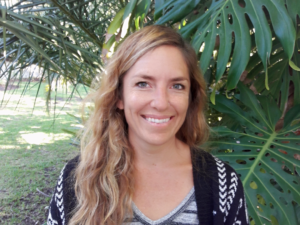
Dr. Nadia Sitas
nadiasitas@gmail.com
Field of research
- Social-ecological resilience
- Sustainable development
- Science-policy engagement
- Equity
Profile
Dr Nadia Sitas is a sustainability scientist working within the science-policy interface on issues related to social-ecological resilience with a specific focus on equity and gender. Her research interests span both the social and ecological spheres and much of her experience comes from engaging in research and practice in the global south. Nadia has experience in leading and working in large transdisciplinary teams and is committed to research that can have transformative impact. For over a decade Nadia has been involved in applied research where she has focussed on understanding knowledge exchange processes linked to mainstreaming the environment into various decision-making contexts. These mainstreaming activities have focused mainly on co-designing stakeholder engagement and social learning processes and developing user-inspired decision support tools related to ecosystem services, social-ecological resilience and development planning.
Nadia is currently leading a research flagship on “Resilience perspectives on power, equity and gender” for the Guidance for Resilience in the Anthropocene: Investments for Development (GRAID) project administered by the Stockholm Resilience Centre. She is also working on a USAID funded project entitled Resilient Waters where she is co-leading a workstream on using scenarios and futures thinking to enhance the governance of transboundary waters in the Okavango and the Limpopo Basins.
Nadia’s influence within science-policy processes, especially intergovernmental assessments has been recognised through nomination and invitation to act as a Lead Author in a number of ongoing and completed assessments as part of the Intergovernmental Science-Policy Platform on Biodiversity and Ecosystem Services (IPBES) and the United Nations Global Environmental Outlook 6. Linked to these assessments, she has lead capacity building projects through the Swedbio programme also based at the Stockholm Resilience Centre which have focused on strengthening the capacity of African researchers to conduct assessments that can influence policy, with a specific focus on the ability to carry out scenario exercises that include knowledge from a number of different disciplines, practitioners and knowledge holders (e.g. indigenous and local knowledge holders).

